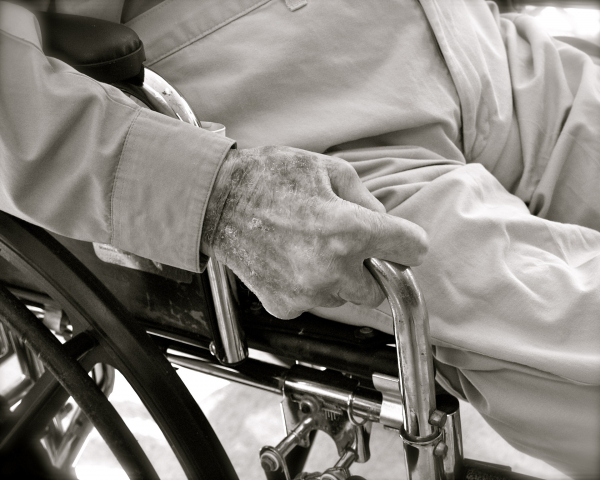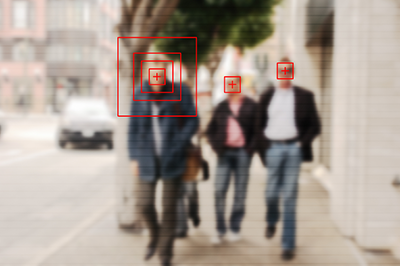
District Court in Sosnowiec has awarded a lower compensation for a moral loss to an elderly person injured in a car accident because the injured party has to face the consequences of the accident, which, according to the court’s assessment, were “less long lasting and severe than those faced by a younger person”.
The attorney for Ryszard Czajewicz, the claimant, lodged an appeal against the ruling. The HFHR has presented an amicus curiae brief to the Regional Court in Katowice, noting that using an injured party’s age as a factor determining the amount of compensation for a moral loss may be a discriminatory practice. The appellate hearing before the Regional Court will take place on 27 April at 10:30 am, in Courtroom C.1.20 of the court building at ul. Francuska 38, Katowice, Poland.
Accident’s consequences less long lasting and severe compared to those for younger person
Despite having been 80 at the time of the accident, Ryszard Czajewicz was an independent person, active in pursuing his hobbies. After he was hit by a car in 2012, Mr Czajewicz underwent complicated treatment and never regained his previous physical fitness. He became dependant on others. The insurer of the accident’s perpetrator offered him PLN 20,000 as compensation but Ryszard Czajewicz considered the amount insufficient and sued the perpetrator for compensation for a moral loss, seeking the award of PLN 50,000.
In 2016, District Court in Sosnowiec awarded the compensation to Mr Czajewicz but limited its amount to PLN 10,000. In the judgment, the court acknowledged that the accident forced the claimant to change his everyday life and constrain his activities. However, the court ruled that “the incident’s consequences for the victim’s mental state and loss of life prospects” should be assessed differently.
HFHR’s amicus curiae brief
The HFHR has submitted a brief to the regional court, in which it noted the necessity of reviewing whether the District Court’s award of a lower amount of compensation was an example of discrimination based on the grounds of age.
“We think that there are no objective reasons which would reasonably justify the invocation of any age, let alone old age, as grounds for decreasing the amount of compensation for moral injury. As I read the judgment of the District Court in Sosnowiec, I realised that Ryszard Czajewicz’s age was treated as a factor more important that the circumstances of his life or medical situation”, says Jarosław Jagura, trainee attorney working for the HFHR’s legal team.
“In the brief, we argued that the prohibition of discrimination on any grounds, including that of age, was a crucial principle of Polish legal system, expressed in Article 32 of the Constitution. This means that age should not be a basis for an unjustified differentiation of rights and duties of citizens”, notes Adam Klepczyński, a lawyer working for the HFHR.
“The discussed case might involve a stereotypical, age-dependent perception of persons based on prejudice and negative superstitions, according to which elderly persons are considered helpless and dependant, unable to feel the joy of life”, says Dr Dorota Pudzianowska, HFHR’s legal expert. “The court in Sosnowiec accepted that advanced age may justify the lowering of an amount of compensation. Such an approach should raise concerns because it may lead to unreasonable discrimination of old-age persons on the grounds of age”, Dr Pudzianowska emphasises.
The case has been conducted as part of the HFHR’s “Article 32” anti-discrimination programme.


